
My Research
I am a scientist studying the biodiversity and biogeographic patterns of life in the deepest parts of the world's oceans. I employ state-of-the-art imaging systems, traditional taxonomic approaches, and next-generation molecular tools to answer long-standing questions about life in unexplored, under-sampled, or data-deficient areas. My current research focuses on characterizing the distribution, diversity, and community structure patterns of deep-water corals on seamounts, islands, and atolls. More about each of these projects can be seen in Research.
My research approaches have relied on blending traditional deep-sea survey and characterization methods with emergent technologies, like environmental DNA (eDNA) sequencing, to understand the biology inhabiting these environments. This, and the application of other ‘Omics tools, useful for understanding taxonomic and evolutionary relationships among deep-water animals, have led to new deep-sea species discoveries and an understanding of how oceanography influences patterns of seafloor biodiversity, which can shape conservation priorities in our world ocean.

Research Areas
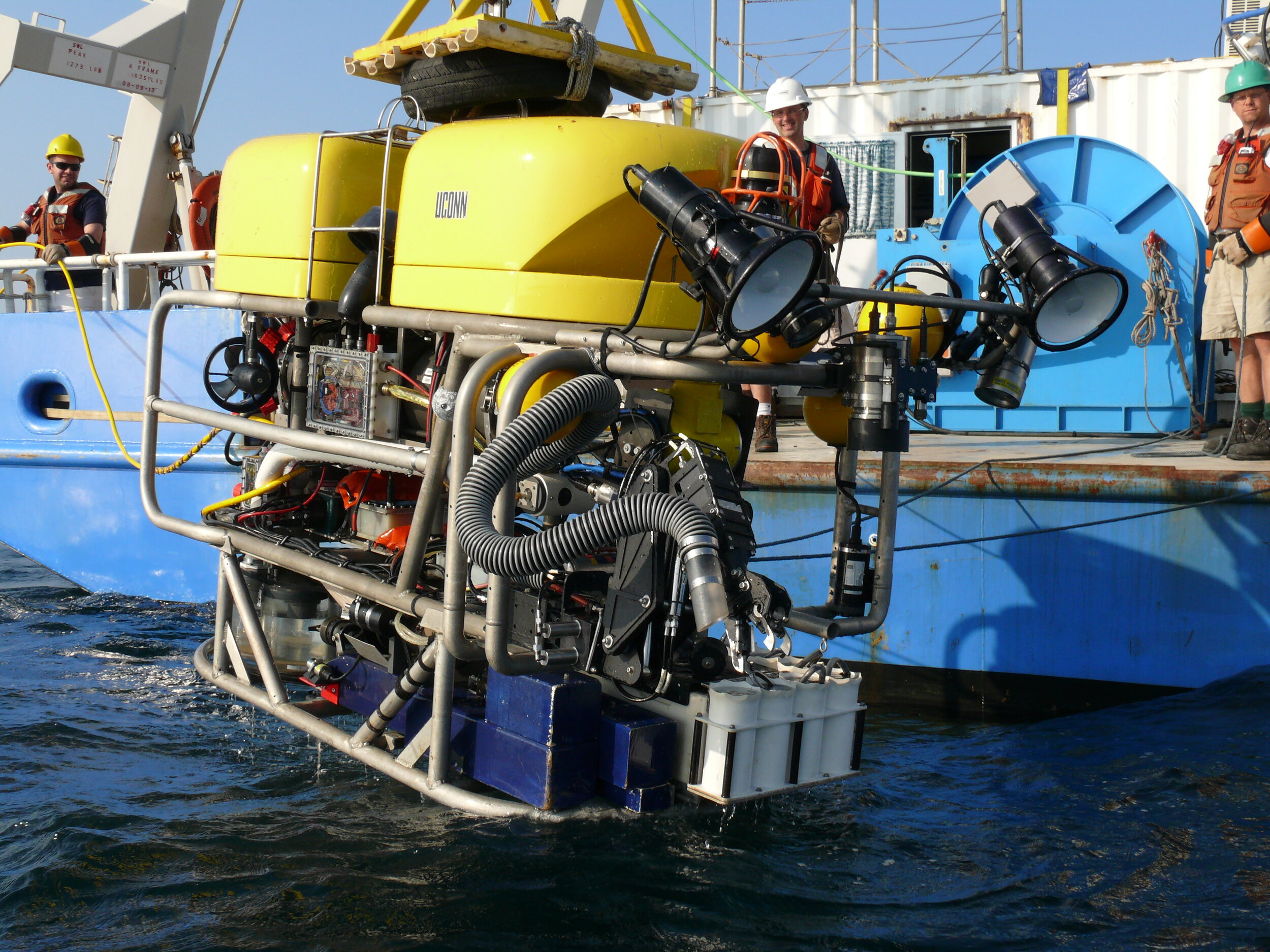
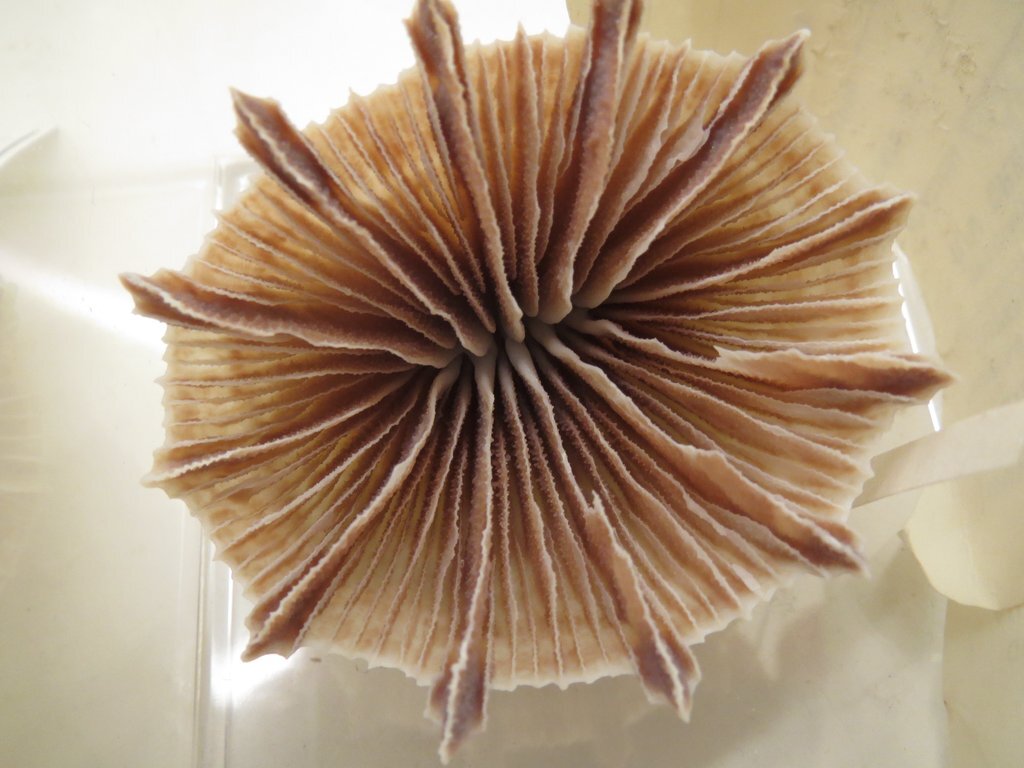
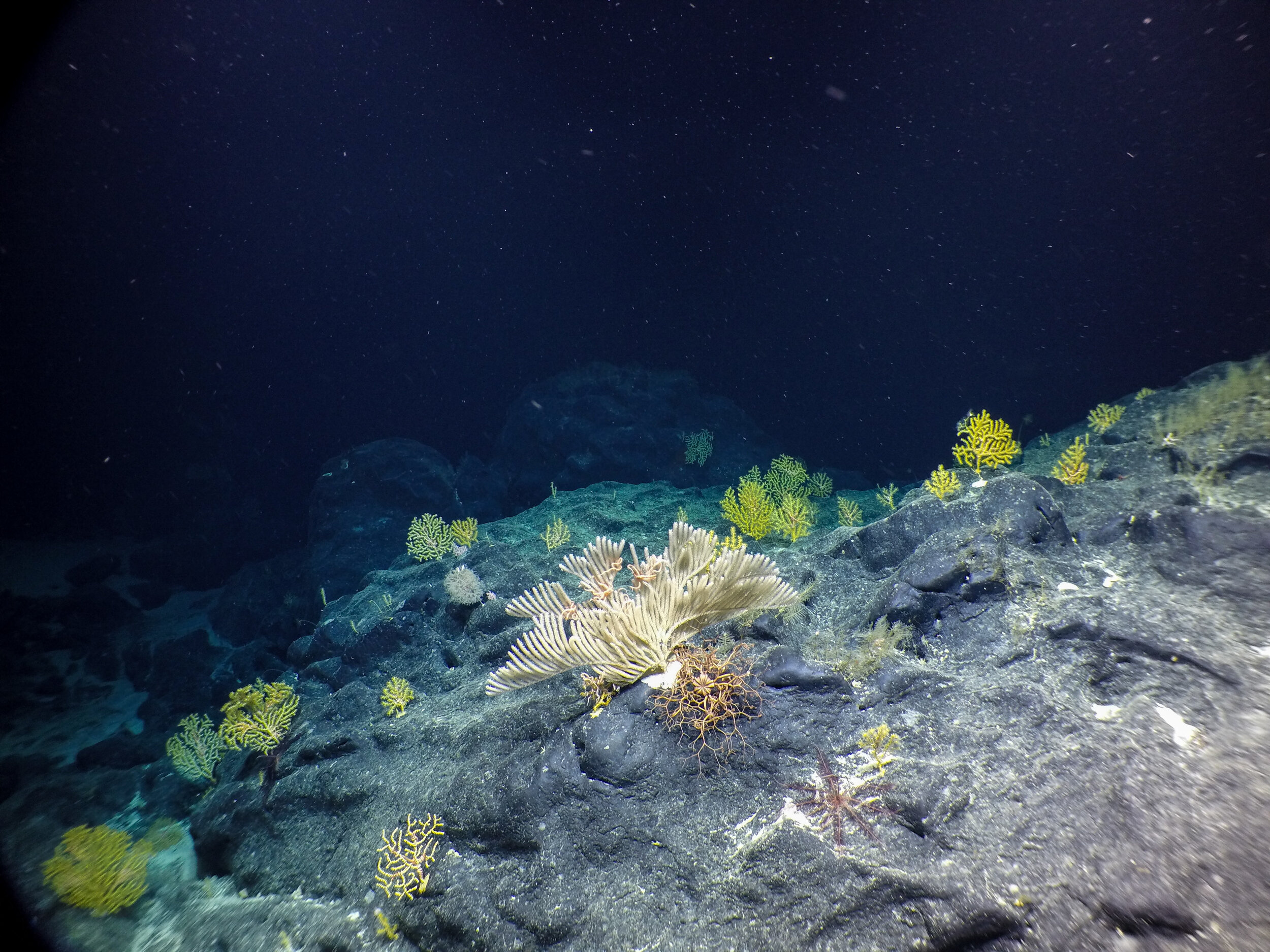
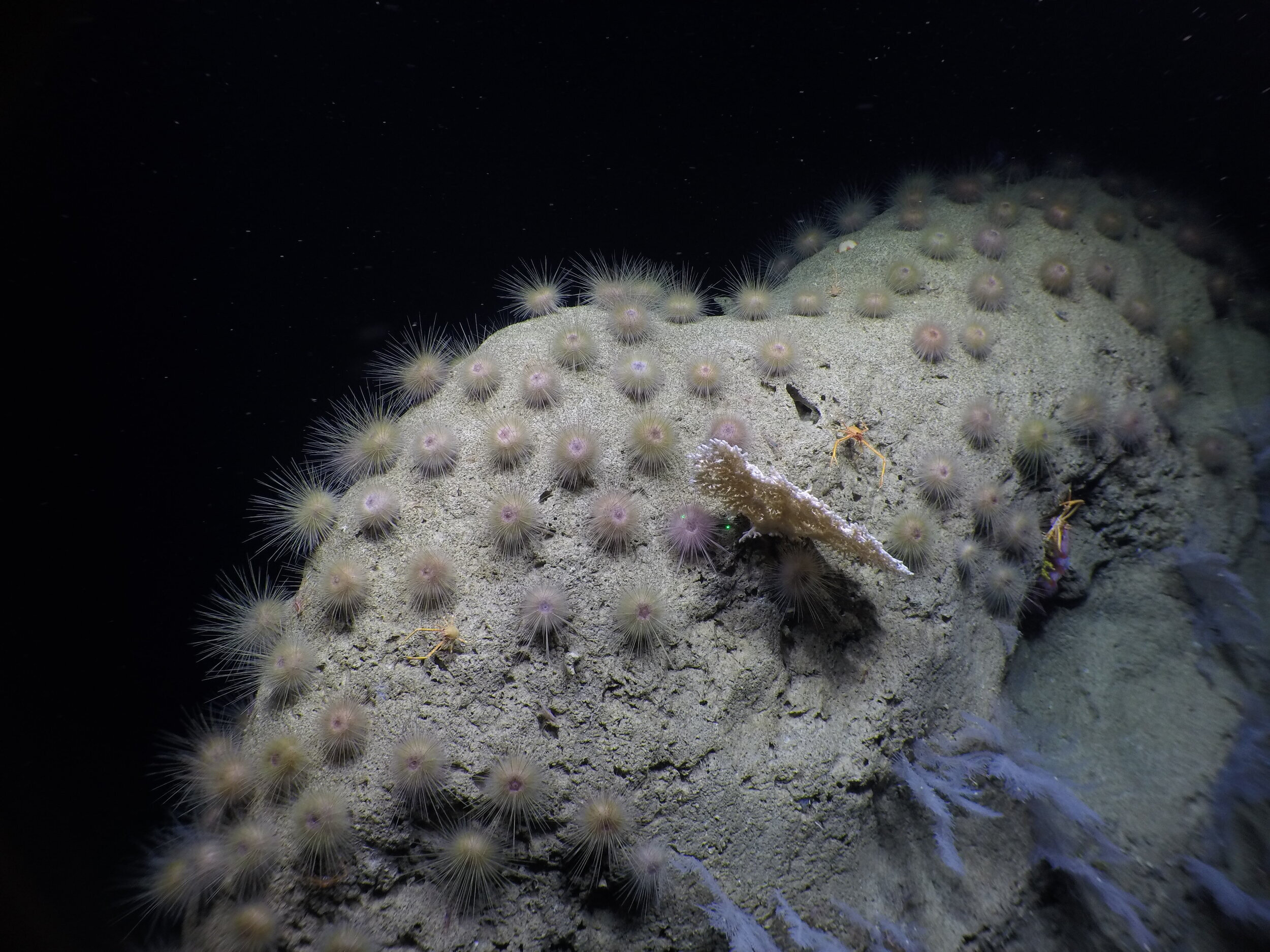
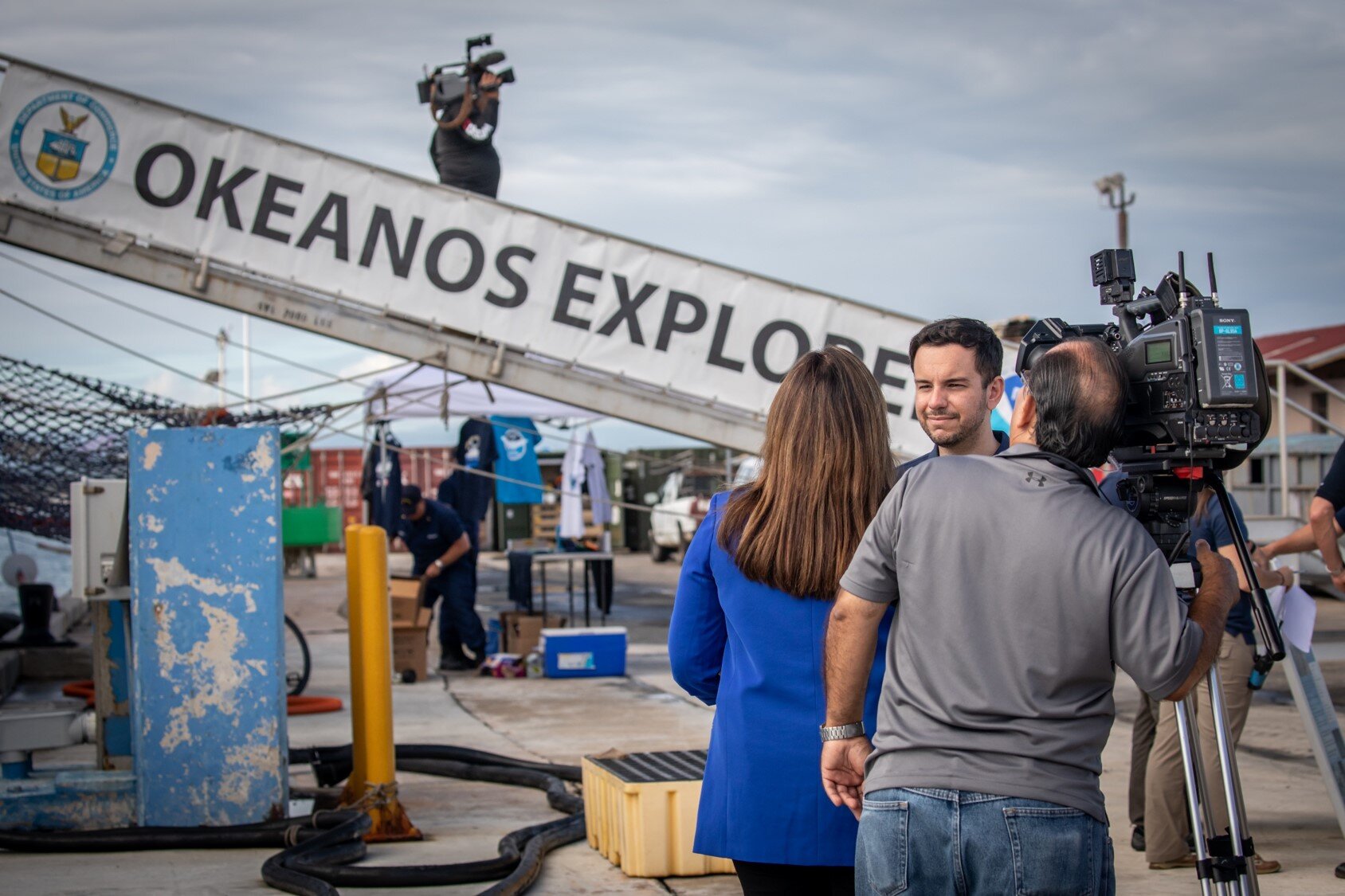
Education
Ph.D., Biology, Temple University. 2020.
Dissertation: Deep-sea Coral Biogeography And Community Structure In Tropical Seamount Environments. Advisor: Dr. Erik Cordes
M.S., Marine Biology. University of Maine. 2014. Advisor: Dr. Rhian Waller
Thesis: Biogeographic Patterns Among Deep-Sea Benthic Megafaunal Communities Across the Drake Passage (Southern Ocean)
B.S., Marine Sciences, cum laude. University of Connecticut. 2011
About Me
My research focuses on several aspects of the ecology and biodiversity of the deep ocean, the largest and last great frontier for exploration on Earth. My research provides improved baseline information about deep-sea communities in under-explored regions in support of conservation and management of marine biodiversity.
These projects have taken me to the farthest corners of the Earth onboard ships and within submersibles to obtain a better understanding of life in the deep ocean. Of all the questions and hypotheses that we have posed about life in the marine environment, one thing that is clear: there is so much left to discover about life in our oceans.
Current Appointments
Independent contractor, Department of Invertebrate Zoology, National Museum of Natural History, Smithsonian Institution. 2024-Present.
Visiting Researcher, Boston University. Rotjan Lab. 2021-Present.
Biology Science Lead. E/V Nautilus, Ocean Exploration Trust. 2019- Present.
Science Manager, Ocean Exploration Trust. 2014- Present.
